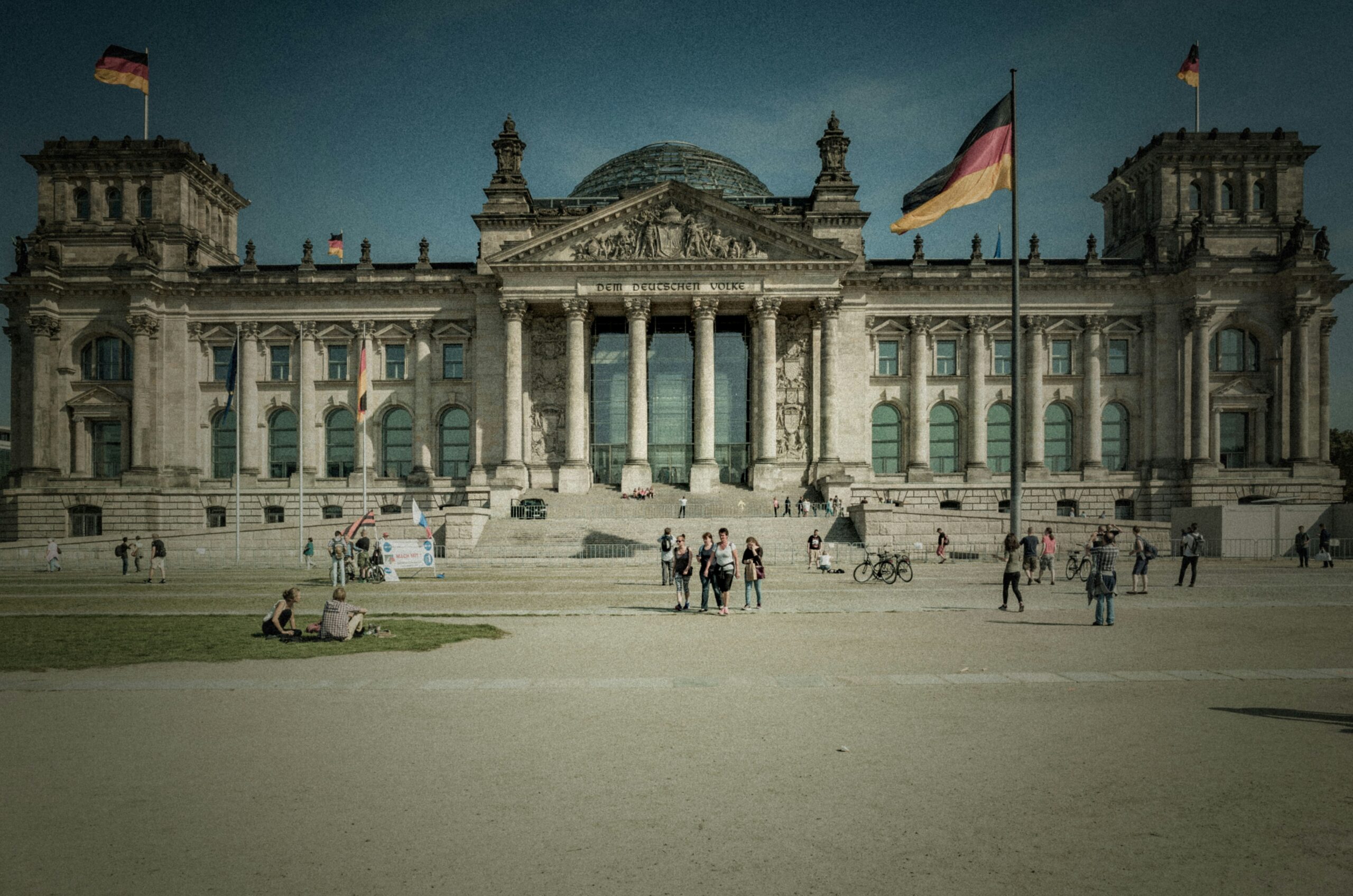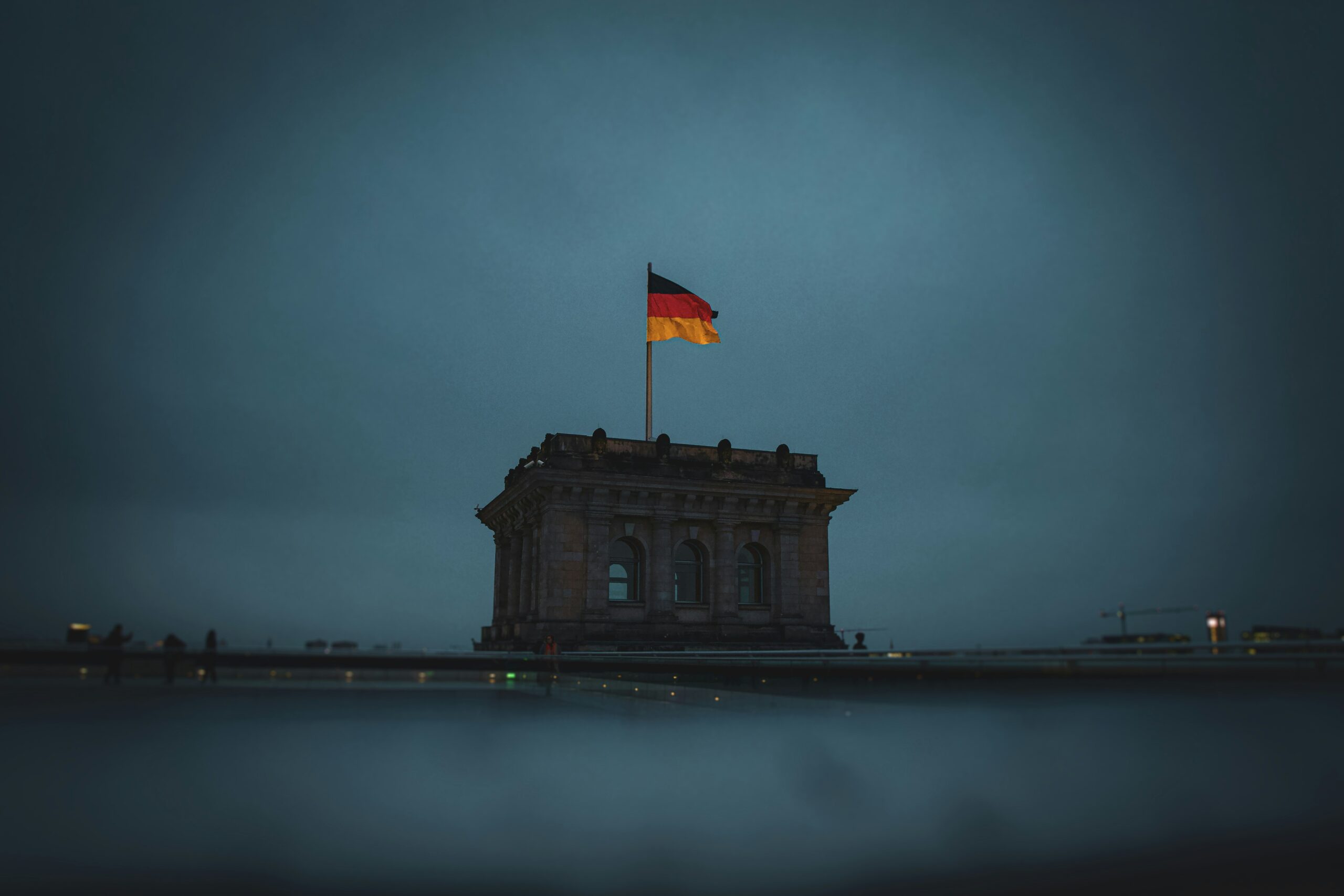Who is the Most Famous German Philosopher? A Deep Dive into Germany’s Intellectual Giants
Who is the Most Famous German Philosopher? A Deep Dive into Germany’s Intellectual Giants
Germany has long been considered a land of great thinkers, especially in the realm of philosophy. From groundbreaking ideas in ethics and metaphysics to critiques of society and religion, German philosophers have profoundly influenced the way we think about the world. If you’re a history buff, a curious traveler, or simply someone interested in deep intellectual discussions, learning about famous German philosophers is a must.
While Germany has produced many renowned thinkers, Immanuel Kant is often regarded as the most famous German philosopher of all time. However, other philosophers such as Friedrich Nietzsche, Karl Marx, Georg Wilhelm Friedrich Hegel, and Arthur Schopenhauer have also made significant contributions to philosophy.
Let’s take a deep dive into Kant’s philosophy, his influence, and why he continues to be relevant today, along with a glimpse into other great German minds.
Immanuel Kant – The Father of Modern Philosophy
Who Was Immanuel Kant?
Immanuel Kant was born in 1724 in Königsberg (now Kaliningrad, Russia) and is widely considered one of the most influential figures in Western philosophy. His work laid the foundation for much of modern thought, especially in epistemology (theory of knowledge), ethics, and metaphysics.
Kant’s Most Famous Ideas
- The Critique of Pure Reason – In this monumental work, Kant sought to answer the question: What can we truly know? He introduced the idea that our understanding of the world is shaped by both sensory experience and innate structures in our minds.
- Categorical Imperative – Kant’s ethical theory is based on the idea that moral laws must be universal. In simple terms, we should act in ways that could be applied as universal rules. For example, if lying is wrong, it should be considered wrong in every situation.
- Transcendental Idealism – Kant argued that while we can experience objects, we do not perceive them as they truly are (the thing-in-itself or noumenon). Instead, our perception is influenced by how our minds structure reality.
Why Kant is Still Relevant Today
- His ideas form the foundation of modern ethics and are frequently discussed in legal and political philosophy.
- Kant’s work has deeply influenced the fields of science, psychology, and artificial intelligence, particularly in understanding human perception and reasoning.
- His categorical imperative is still used to evaluate moral dilemmas and ethical decision-making.
Where to Learn More About Kant
- Visit Kant’s birthplace and grave in Kaliningrad, Russia.
- Read “Critique of Pure Reason” or simpler explanations in introductory philosophy books.
- Explore museum exhibits and philosophy lectures about his work.
Other Great German Philosophers
- Friedrich Nietzsche – The Philosopher of Power and Will
Friedrich Nietzsche (1844-1900) is famous for his radical critique of traditional morality and religion. He introduced the concepts of:
- The Übermensch (Superman) – An ideal individual who rises above societal norms and creates his own values.
- “God is Dead” – A provocative statement highlighting the decline of religious influence in modern society.
- Will to Power – The driving force behind human ambition and creativity.
Nietzsche’s works, such as “Thus Spoke Zarathustra” and “Beyond Good and Evil”, are essential reading for those interested in existentialism and modern philosophy.
- Karl Marx – The Father of Communism
Karl Marx (1818-1883) was a political philosopher, economist, and historian. His theories on capitalism and class struggle shaped political thought for over a century.
Key Ideas:
- Class struggle – The conflict between the working class (proletariat) and the ruling class (bourgeoisie).
- Communism – A society where class divisions and private ownership of production are abolished.
- Historical Materialism – The idea that economic conditions shape history.
His most famous work, “The Communist Manifesto”, written with Friedrich Engels, remains a cornerstone of political philosophy.
- Georg Wilhelm Friedrich Hegel – Master of Dialectics
Hegel (1770-1831) is known for his dialectical method, which influenced many philosophical movements, including Marxism.
Key Concepts:
- Thesis, Antithesis, Synthesis – History and ideas develop through a dialectical process of contradictions and resolutions.
- Absolute Idealism – Reality is shaped by ideas and consciousness.
- The State as the realization of Freedom – He believed that history unfolds as the development of human freedom.
Hegel’s works are dense but foundational for those interested in political theory, history, and metaphysics.
- Arthur Schopenhauer – The Philosopher of Pessimism
Schopenhauer (1788-1860) was one of the first Western philosophers to integrate Eastern philosophy, particularly Buddhism, into his work.
Major Ideas:
- Will to Live – The fundamental force driving all beings.
- Pessimism – Life is filled with suffering, and the best we can do is minimize pain through detachment and art.
- Influence on Nietzsche and Freud – His philosophy inspired future thinkers in psychology and existentialism.
His book, “The World as Will and Representation”, remains highly regarded in both philosophical and psychological studies.
Final Thoughts: The Enduring Legacy of German Philosophers
German philosophy has shaped modern thought in profound ways. Whether you resonate with Kant’s rationalism, Nietzsche’s critique of morality, Marx’s social theories, Hegel’s dialectics, or Schopenhauer’s pessimism, each of these philosophers offers valuable insights into human nature, society, and the universe.
If you’re traveling to Germany or simply diving into philosophy, exploring the works of these great minds will open up new ways of thinking and understanding the world.



